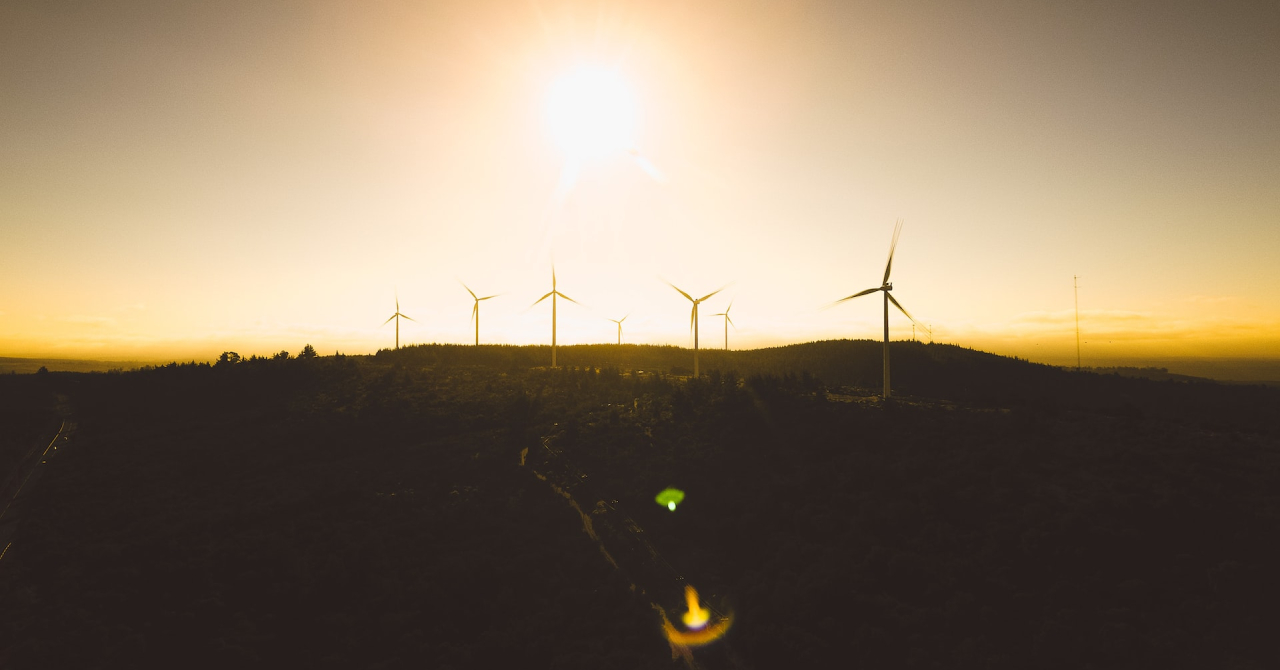According to World Economic Forum, Chile is a high-income, industry-focused country of 19.6 million people that started an accelerated energy transition process in the past few years.
To help with the country's objectives, policymakers, green tech innovators and private investors gathered their forces.
The political support in the energy transition comes, among other things, from public money and 91% of Chileans believe that their government should consider climate change a top priority in its activity.
Chile officials hope that the South American nation will become climate neutral by 2050 with the help of solar, wind and geothermal power.
Chile president Gabriel Boric said that his administration is looking to use earnings from copper and lithium mining to invest in green hydrogen.
David Victor, Professor of Innovation and Public Policy at the University of California, said that "Chile has huge renewables resources and thus is positioned to lead. They have built a lot and there is a growing industry, which explains why renewable has durable political support."
Public-private partnerships are a significant driver in Chile's energy transition, especially when it comes to green hydrogen. In fact, the country's National Green Hydrogen Strategy calls for the implementation of this power source in the mining and commodity sectors, as well as carbon-driven local suppliers.
Worldwide partnerships are critical for a clean future
Experts in the Chilean government believe that the country's rich wind and solar resources will enable it to become one of the world's top suppliers of green hydrogen at competitive prices.
According to them, Chile should be able to deliver around 13% of the world's green hydrogen in the future and politicians already promised funding worth 50 million USD for six projects that should advance the clean hydrogen sector.
To get help in order to quickly advance this energy transition, Chile also formed partnerships beyond its borders and one of its closest partners is Germany., Thus, in order to develop renewable energy technologies, experts from both countries share knowledge and organize training sessions, among other things.
The United States is another important strategic partner for Chile and in one of its visits to the country, US Secretary of State Antony Blinken said that "what’s happening here is an illustration of Chile’s remarkable leadership on renewable energy."
 Mihai - Cristian Ioniță
Mihai - Cristian Ioniță












Any thoughts?